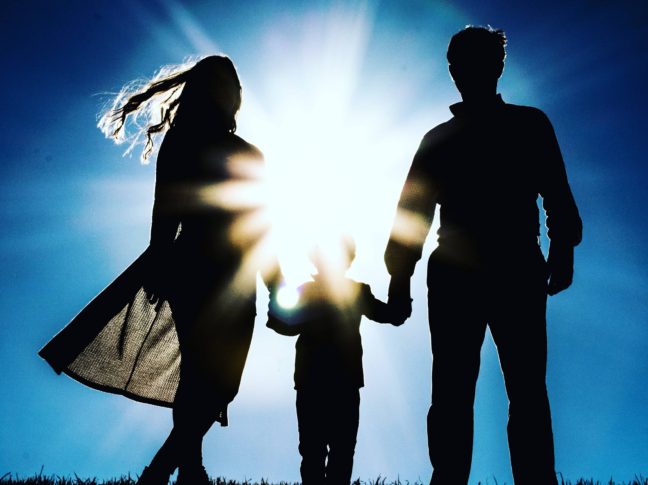Virginia’s adoption process involves several steps and requirements, each governed by specific laws and regulations. The adoption process in Virginia is multi-faceted with various types of adoption available. Consulting with a legal expert and considering all options carefully can help ensure a successful adoption process.
The process of adopting a child in Virginia is quite elaborate, involving numerous steps that are aimed at ensuring that the entire process is above board. For instance, you’ll be required to have an interview with a social worker to prove that you qualify to adopt the child. You’ll also need the assistance of a qualified adoption lawyer Virginia.
The social worker will conduct a home study to ensure that your home is conducive for the adopted child. But what do they ask in adoption interviews? The social worker will ask you numerous questions touching on a wide range of areas, including your background, occupation, finances, lifestyle, and parenting capabilities, among others.
Your adoption attorney will guide you through the process, ensuring that you know what to say during the interview and the important steps you need to take to avoid what makes an adoption fail. So, before you begin the child adoption process, make sure you understand what is required to adopt a child in Virginia.

How to Adopt a Child in Virginia
First of all, the child adoption process is governed by Chapter 12 of the Code of Virginia. This code allows only two types of adoptive placements: agency placements and non-agency placements. Both placements are aimed at placing children who are permanently or legally separated from their biological parents with new families.
Both placements are social and legal processes that offer the adoptive parents similar rights and responsibilities as the children’s biological parents. Adopting a child means expanding your family by bringing the child into your house as one of your family members. Therefore, the law requires you to take care of the adopted child as your own until they reach adulthood and beyond.
In Virginia and other parts of the United States, foster care adoption is the most common, but there are other forms of child adoption, including step-parenting, international, parental placement, adult adoption, and close relative adoption. Therefore, you should be aware of all these options before you begin the adoption process.
Please note that agency placement happens when a child is in the custody of a local department of social services (LDSS) or a licensed child placement agency. Therefore, all parental rights to the child have been terminated and the authority to grant adoption is given to the agency or LDSS.
Non-agency adoption involves the various forms of child adoption mentioned above. It involves a child who isn’t in the custody of the LDSS. This adoption process is administered by a licensed child-placing agency (LCPA). In this adoption process, the child’s biological parents or legal guardians must consent to the adoption, which terminates their parental rights.
Virginia Child Adoption Requirements
One of the main concerns that you’ll have when you’re preparing to adopt a child is to determine whether you’re eligible for adoption. As noted above, there’s a law governing the whole adoption process in Virginia. This law sets several requirements that potential adoptive parents must fulfill to qualify to adopt children. Here are the legal requirements for people who wish to adopt children in Virginia:
- The child you wish to adopt must go through the consent proceeding, especially if you’re using the non-agency placement process.
- You should have a surrogacy contract.
- You are a married couple.
- You are a stepparent.
- You have custody of a child who was placed under your care by an adoption agency.
If you meet any of the above-mentioned adoption requirements, you qualify to begin the adoption process. It’s also important for you to understand that Virginia child adoption law doesn’t set an age limit for adopting a child nor does it require potential adoptive parents to be married to qualify for adoption.
Therefore, even members of the LGBTQ community are eligible for child adoption. However, national child adoption agencies are required to fulfill the requirements for all state laws. Another main concern by potential adoptive parents is whether a felon qualifies to adopt a child. The answer depends on the kind of felony they committed.
If the felony was violent or involved a child, the felon is unlikely to qualify. But if it was a non-violent felon, the social worker involved in your adoption case will determine the circumstances surrounding the crime and decide if you qualify for adoption. They’ll ask you a few questions to determine if you’ve learned any lesson from the crime.
You must complete a home residency to qualify to adopt a child in Virginia. Once you’ve completed the six-month residency, you can petition the adoption agency, through the court, for consent so that you can finalize the adoption process. Anyone who opposes this adoption will have six months to challenge it. Lastly, if you want legal advice and representation during child adoption in Virginia Beach, talk to the experts at Coastal Virginia Law today!



